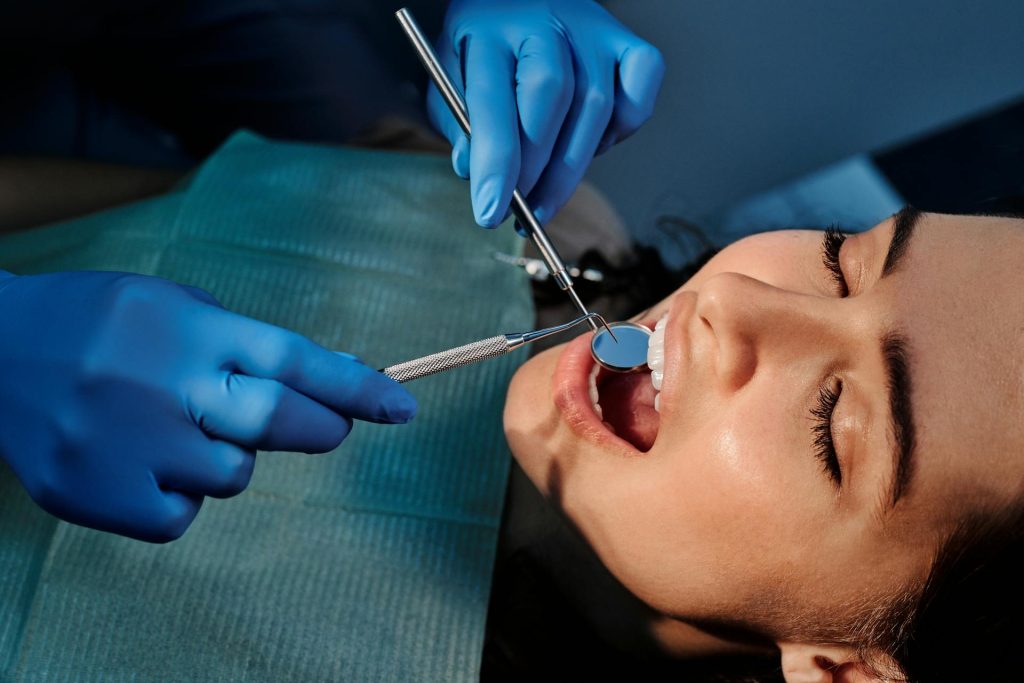What to Do When Dental Disasters Strike
Dental emergencies can be sudden, often occurring from something as simple as biting into hard food or falling off your bicycle. These incidents, which can range from a chipped, broken or split tooth to a complete expulsion of a tooth, require immediate attention from an experienced dentist.
However, what you do before arriving at your dentist in Kew East, can make a big difference to the eventual outcome. So here are a few tips for managing a dental emergency before arriving at your local dental clinic.

How to Recognise a Dental Emergency
Key indicators of a dental emergency include severe pain, bleeding, loose or missing teeth, and swelling in the mouth or face. Traumatic injuries can result in teeth being knocked out, fractured, or loosened. Immediate action is necessary to prevent further damage, alleviate pain, and reduce the risk of infection.
What to Do When Dental Disasters Occur – Emergency Responses
In a dental emergency, quick and appropriate action is crucial. The following three steps help stabilise the situation and minimise further damage, providing crucial care until you can get professional help from your dentist.
1. Saving a Knocked-Out Tooth
If a tooth is completely dislodged, handle it by the crown and avoid touching the root. Rinse it gently without scrubbing, and try to reinsert it in the socket. If this isn’t possible, store it in milk or saliva to keep it moist.
2. Dealing with Cracks and Fractures
If a tooth is cracked, rinse your mouth with warm water and use a cold compress to reduce swelling. Avoid touching or probing the affected area, and call your dentist ASAP, who will help ease the pain while discussing treatment options.
3. Controlling Bleeding
Apply gentle pressure using a clean cloth or gauze to any bleeding areas. If the bleeding stops fairly quickly, call your dentist and explain the situation to discuss your options. If the bleeding continues, you need immediate dental attention.
Minimising the Risk of Dental Emergencies
While not all dental emergencies can be prevented, certain measures can significantly reduce the risk of suffering one of these painful issues.
- Avoid Hard Foods: Caution is required with foods that can crack or break teeth, such as boiled sweets or ice.
- Use Mouthguards: Wearing a mouthguard is a crucial protective measure when playing contact sports.
- Regular Dental Check-Ups: Routine visits to your dentist can help identify and address potential issues before they escalate into emergencies.
Knowledge is Key in Dental Health
The key to effectively handling dental emergencies is a combination of prompt action and calm decision-making. Knowing the immediate steps to take can significantly impact the success of any subsequent dental treatment. However, these are just first-aid measures and don’t replace professional dental care, so it’s important to contact your dentist quickly after the incident occurs.
Regular dental check-ups and adopting preventive measures play a vital role in maintaining your oral health and reducing the likelihood of emergencies. Remember, in dental health, being prepared and well-informed is your best defence against unforeseen accidents.







